Opposition Alliance Plans October Retreat to Tackle Divisions, Finalise By-Election Strategy
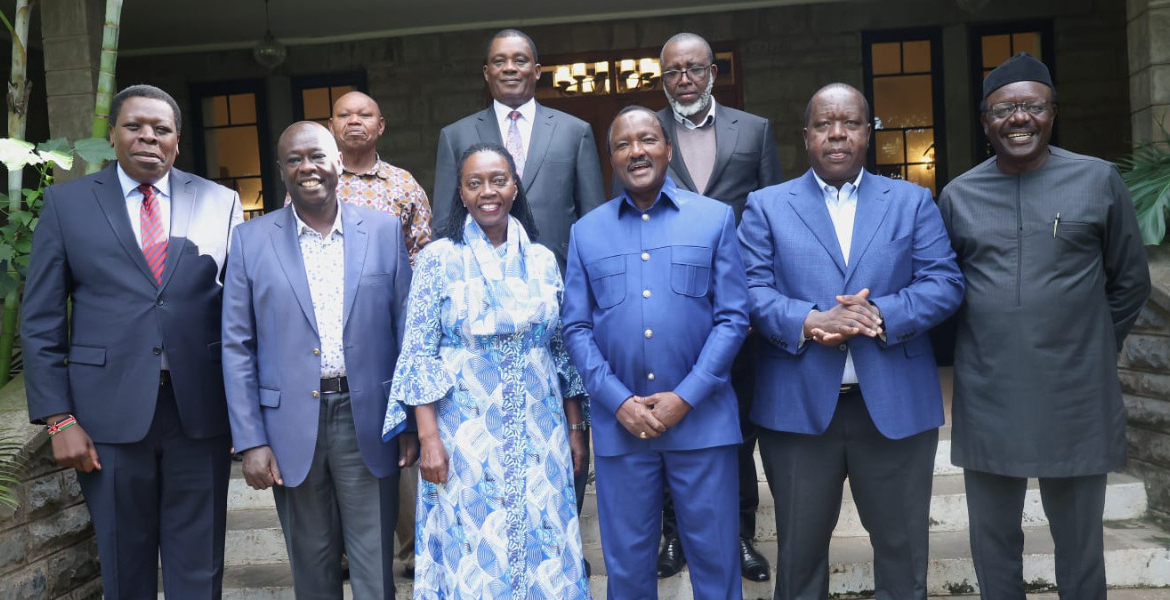
Kenya’s opposition alliance will hold a retreat in early October to address internal divisions and finalise preparations for the 27 November by-elections.
The meeting is expected to bring together leading figures from across the coalition for a dual-purpose agenda: resolving political tensions and developing a unified campaign strategy. High on the agenda is the formal naming of the alliance, with a shortlist under consideration that includes Muungano Wa Ukombozi, Komboa Kenya Alliance, Liberation Alliance Movement, and Mageuzi Coalition.
Coalition officials believe formalising the alliance’s structure and identity is necessary to strengthen public support and present a viable alternative to the Kenya Kwanza administration. However, the retreat comes amid growing tensions within the coalition, particularly following former Deputy President Rigathi Gachagua’s announcement of his 2027 presidential bid. While some allies view the move as a tactical effort to consolidate the Mt Kenya vote, others see it as divisive and premature.
The situation has drawn comparisons to the 1992 Forum for the Restoration of Democracy (FORD), where internal rivalry weakened the opposition's challenge to the ruling party. Key figures expected at the retreat include Kalonzo Musyoka, Fred Matiang’i, Eugene Wamalwa, Justin Muturi, and Martha Karua.
Their involvement highlights both the breadth of the coalition and the complexity of aligning competing political ambitions. Tensions between Mr Gachagua and former President Uhuru Kenyatta have deepened, particularly over who should lead the opposition’s presidential ticket. Mr Kenyatta is said to support Dr Matiang’i, whose return from a World Bank role has reignited speculation about his political intentions.
Dr Matiang’i has dismissed claims that he is being positioned as a “State project,” calling the accusations politically driven. His supporters, including Kisii Senator Richard Onyonka, are weighing whether to back him through Jubilee or to form a regional party with national reach.
Mr Gachagua’s allies, however, defend his early declaration as consistent with a strategy focused on regional mobilisation. Gatanga MP Edward Muriu has argued that open ambition is necessary to build grassroots support. Internal disputes are also evident in the upcoming by-elections. In Mbeere North, the United Progressive Alliance (UPA), linked to Dr Matiang’i, is fielding a candidate despite the Democratic Congress Party (DCP) previously withdrawing in favour of a Democratic Party (DP) nominee.
In Malava, DCP and DAP-K are backing different candidates, although Mr Wamalwa has expressed confidence that polling data will guide a joint decision. Still, unity within DAP-K remains uncertain. Mr Wamalwa is facing competition from Trans Nzoia Governor George Natembeya, whose Tawe Movement is gaining support in Western Kenya, complicating DAP-K’s role in the wider coalition.
The coalition now faces the challenge of balancing individual ambitions with a coordinated political strategy. Public messaging continues to stress unity, but internal competition threatens to weaken the alliance’s effectiveness. With President William Ruto and Raila Odinga expanding their political outreach, the opposition must demonstrate cohesion and clarity if it hopes to present a credible alternative.

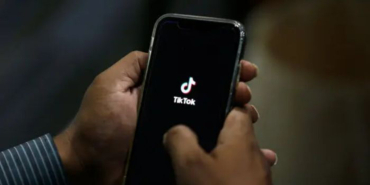

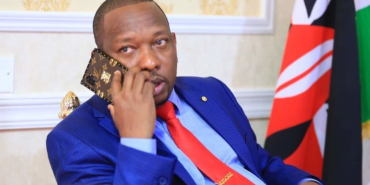
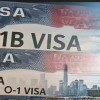

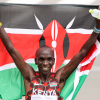

Add new comment